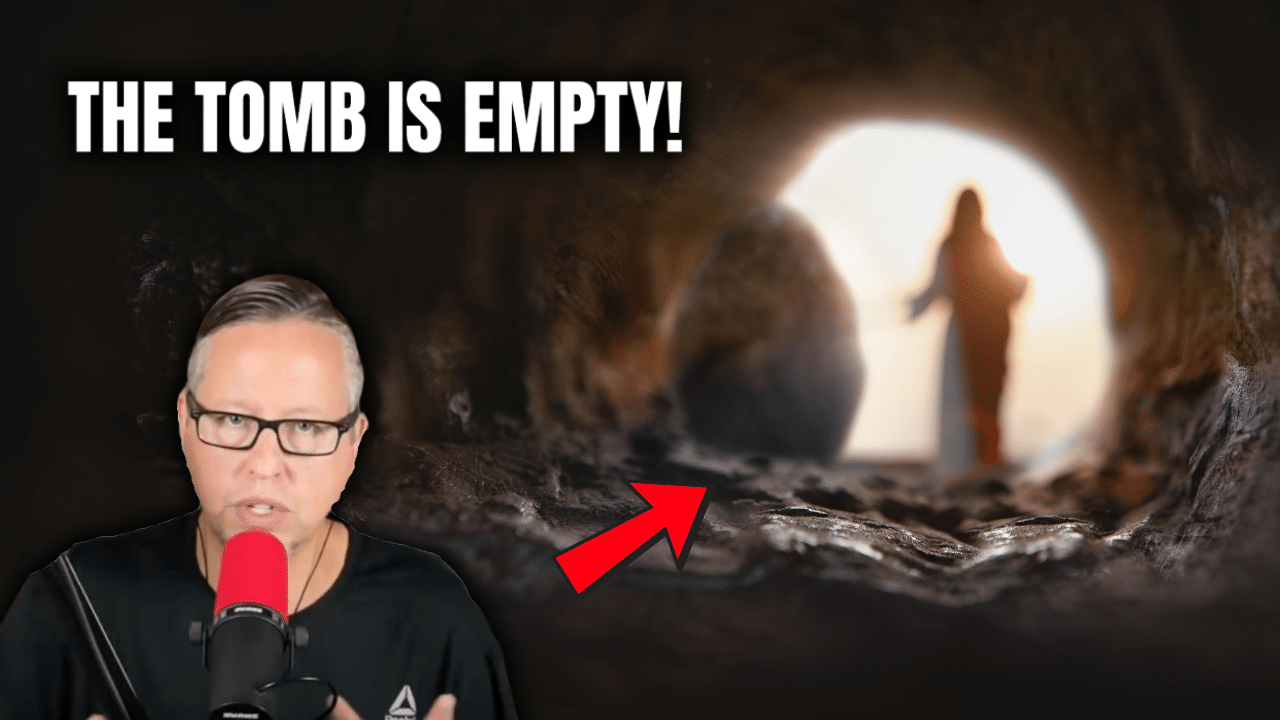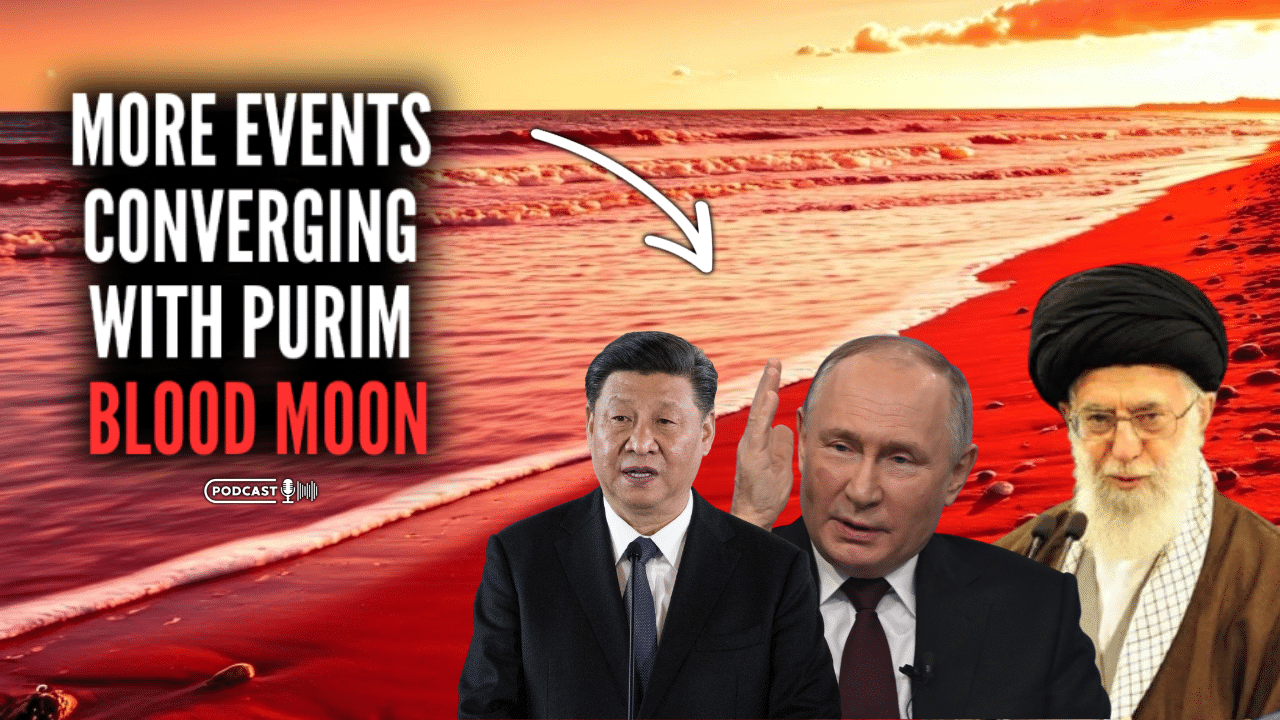Tensions between the United States and Iran have reached a perilous peak, with a former British ambassador issuing a stark warning that a war between the two nations has “never been closer.”
The diplomat, whose insights draw from years of navigating Middle Eastern geopolitics, emphasized that Tehran is unlikely to yield to pressure from the administration of U.S. President Donald Trump, raising fears of an imminent conflict.
This alarming assessment has reverberated across global news outlets, highlighting the fragile state of affairs in the region as of April 8, 2025.
According to The US Sun, the ex-ambassador pointed to a series of provocative actions and retaliatory rhetoric as evidence of the deteriorating relationship.
“Tehran won’t back down,” the diplomat reportedly said, underscoring Iran’s resolve in the face of Trump’s hardline stance.
The article detailed recent escalations, including U.S. military maneuvers in the Persian Gulf and Iran’s bolstered missile tests, as key factors stoking the flames.
The ambassador’s chilling prognosis suggests that diplomatic off-ramps are narrowing, with both sides entrenched in their positions.
Echoing this sentiment, The Guardian reported on the broader context of the crisis, noting that Iran’s leadership perceives the Trump administration’s policies—such as intensified sanctions and threats of military action—as an existential challenge.
The paper cited unnamed diplomatic sources who warned that Tehran’s refusal to capitulate could force the U.S. into a corner, where military engagement becomes the only viable option to save face.
“The risk of miscalculation is extraordinarily high,” one source remarked, a view that aligns with the ex-ambassador’s assessment.
Meanwhile, Reuters highlighted the role of recent events in pushing the two nations toward the brink.
The outlet referenced a suspected Iranian cyberattack on U.S. infrastructure last month and the subsequent U.S. airstrike on an Iran-backed militia in Iraq as pivotal moments.
Analysts quoted in the piece suggested that these tit-for-tat actions have eroded trust to a point where even minor incidents could spiral into full-scale conflict.
The former ambassador’s warning, as cited by Reuters, framed Tehran’s defiance as a calculated gamble to test Trump’s resolve ahead of critical domestic political deadlines.
Adding a layer of complexity, Al Jazeera reported on Iran’s perspective, emphasizing that Supreme Leader Ayatollah Ali Khamenei has rallied national support by casting the U.S. as an unrelenting aggressor.
The network noted that Tehran has accelerated its uranium enrichment program—a move seen as both a bargaining chip and a provocation—further alarming Washington.
The ex-ambassador’s comments, referenced in the coverage, underscored that this escalation is not a sign of weakness but a deliberate signal of Iran’s willingness to endure hardship rather than bow to external pressure.
However, not all analyses agree on the inevitability of war. BBC News interviewed Middle East experts who cautioned that while the situation is dire, both sides have historically pulled back from the edge.
The outlet cited the ambassador’s warning but balanced it with perspectives suggesting that Tehran’s posturing might be aimed at securing concessions rather than inviting conflict.
Still, the piece acknowledged that Trump’s unpredictable approach—described as a blend of bluster and brinkmanship—complicates efforts to de-escalate.
The stakes could not be higher, with global markets already reacting to the uncertainty.
CNN reported a spike in oil prices as investors brace for potential disruptions in the Strait of Hormuz, a critical artery for global energy supplies.
The network tied the ex-ambassador’s warning to fears that a misstep by either side could trigger a regional war, drawing in allies like Israel and Saudi Arabia on one side and Russia and China as tacit backers of Iran on the other.









